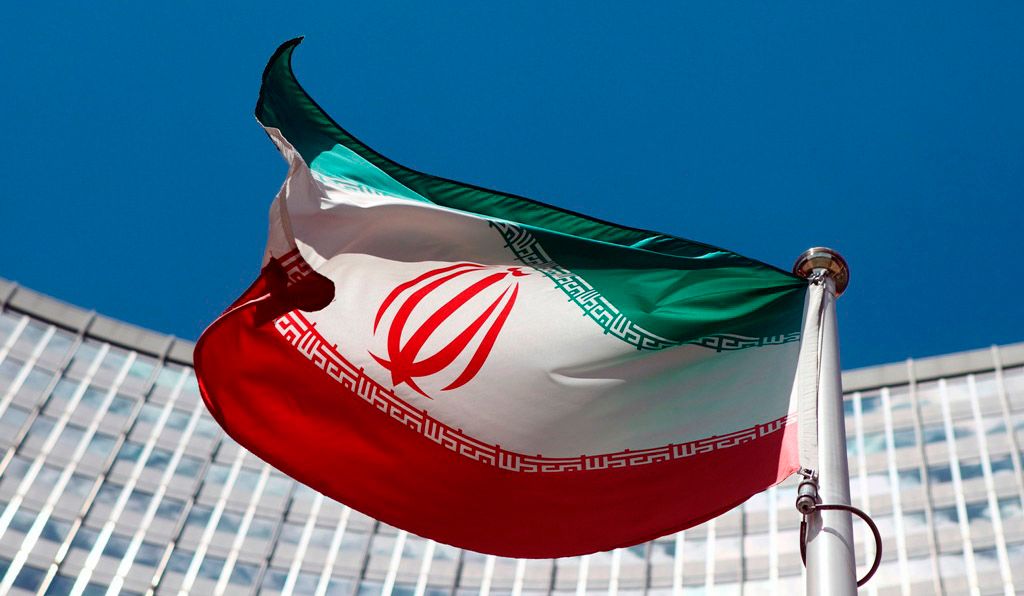Chehabi Publishes Article on Iranian Political Society

Houchang Chehabi, Professor of International Relations and History at the Frederick S. Pardee School of Global Studies at Boston University, published an article as part of the Willson Center’s Viewpoints series on the narrowing of Iranian political society.
In his article, titled “Iran’s Shrinking Political Society,” Chehabi breaks down the degradation of Iranian political competition and how it has become more homogeneous. He defines political society as “the institutional space in which political actors contest the legitimate right to exercise control over public power and the state apparatus.” Chehabi argues that conservatives in the country have slowly monopolized political control, narrowing the legitimacy of Iranian political institutions.
An excerpt:
Iran’s political society is now more homogeneous than ever before: all levers of power are in the hands of conservative hardliners. If one is so inclined as to look for a silver lining in any setback, one might argue that this homogenization of the ruling elite could facilitate a more rational engagement with the West, as improved relations would no longer constitute a victory of one faction over its rivals…but let us not forget that the same argument was made when Mahmoud Ahmadinejad won the 2005 presidential election. Rather, in the eight years of his presidency, relations with Western democracies, which had somewhat improved, deteriorated again.
The full article can be read on the Wilson Center’s website.
Houchang Chehabi has taught at Harvard and has been a visiting professor at the University of St. Andrews, UCLA, and the Universidad Argentina de la Empresa. He has published two books, Iranian Politics and Religious Modernism: The Liberation Movement of Iran under the Shah and Khomeini (1990) and Distant Relations: Iran and Lebanon in the Last 500 Years (2006). Chehabi has written numerous articles, book reviews, and translations. Read more about Professor Chehabi on his faculty profile.